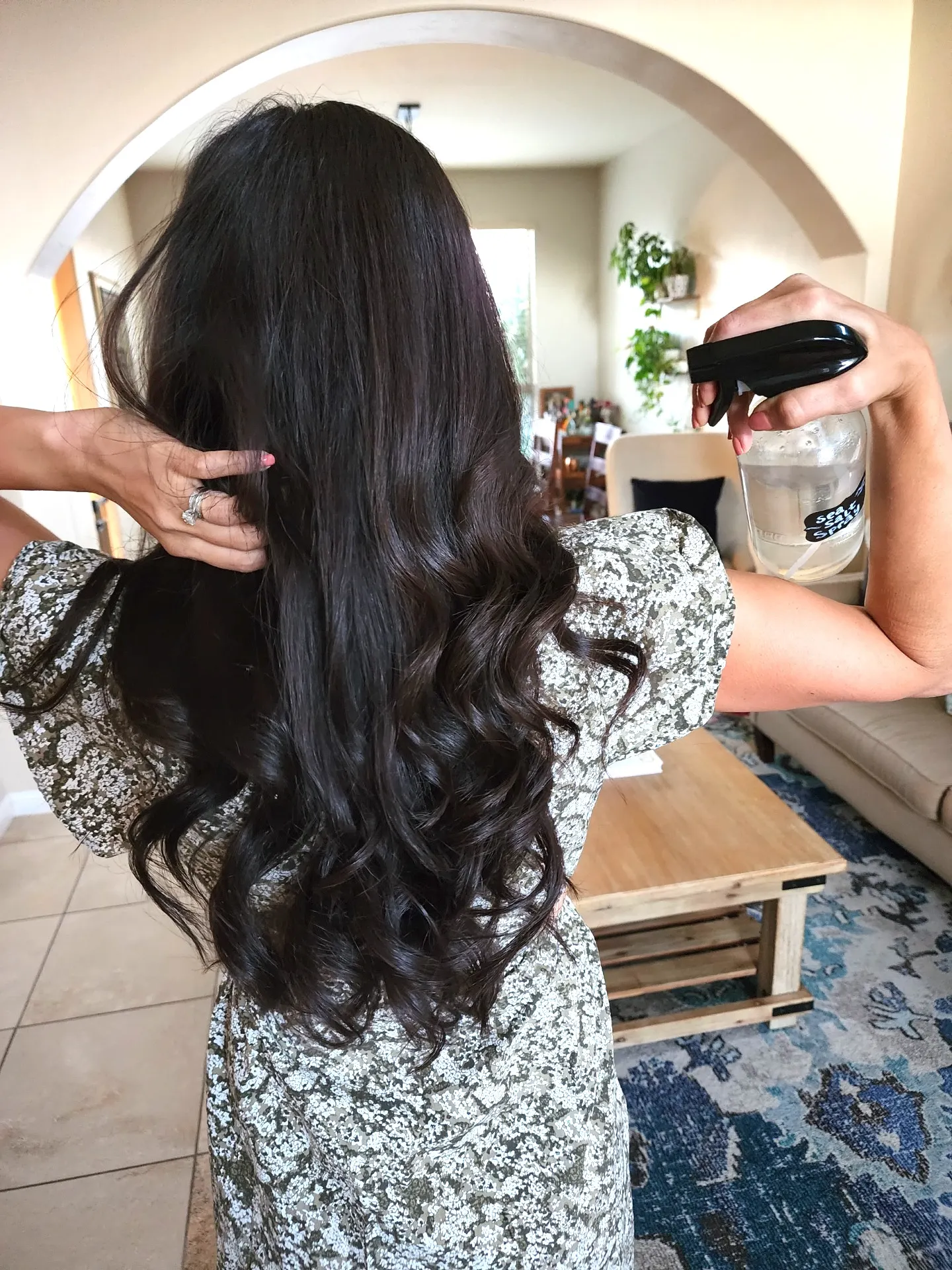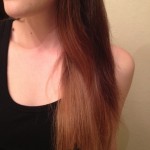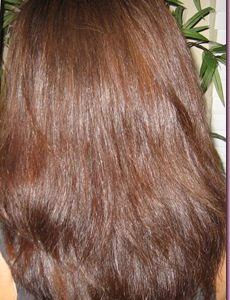How to reduce stress-related hair loss
Sharing tips on how to reduce stress-related hair loss.
Hi friends! Happy Monday! I hope you enjoyed the weekend and that your week is off to a good start. We’re emptying Liv’s room and cleaning out her closet today (pray for me) and looking forward to hopping in the pool later.
For today’s post, I wanted to talk about something that affects a lot of women (and men!): hair loss. Hormonal changes, stressors, toxins, nourishment, and hair care habits can all impact the quality and quantity of hair, so I thought I’d share some tips for keeping your hair luscious and healthy.
A friendly reminder that I’m not a doctor. If you’re noticing hair loss, particularly sudden hair loss, make an appointment with your doctor ASAP. This can be a sign that something else is going on, so it’s worth it to see your health care provider for a full assessment.
I also wanted to say that I’ve been there. With postpartum, illness, and stressful events in life, my hair quality, texture, and quantity have all been affected. I feel like over the past five years, I’ve seen a huge improvement with my hair. Friendly reminder: this post is NOT medical advice and is for informational purposes only.
How to reduce stress-related hair loss
In our fast-paced and demanding lives, stress has become an all-too-familiar companion. While it can affect various aspects of our health, one surprising consequence is stress-related hair loss. The toll of chronic stress can lead to hair thinning and shedding, leaving us concerned about the health of our precious locks. Today, I’m going to chat about the connection between stress and hair loss and equip you with practical strategies to alleviate its impact.
Understand the Stress-Hair Loss Connection:
Before tackling the issue head-on, it’s crucial to understand how stress affects our hair health. Stress triggers hormonal imbalances, particularly an increase in cortisol levels, which can disrupt the hair growth cycle and lead to hair loss. Recognizing this connection empowers us to take proactive steps towards reducing stress and its negative impact on our hair.
Embrace Stress Management Techniques:
Implementing effective stress management techniques is key. Explore relaxation practices like meditation, deep breathing exercises, and yoga to promote a sense of calm and reduce stress hormones. Incorporating mindfulness into your daily routine can work wonders in managing stress. Here is my blog post with lots of meditation tips.
Prioritize Self-Care and Me-Time:
Amid the hustle and bustle of daily life, remember to prioritize self-care. Dedicate time for activities that bring you joy and help you unwind. Whether it’s reading a book, taking a long bath, or engaging in a hobby, giving yourself regular me-time is vital for reducing stress and nurturing your hair’s health.
Be Kind to Your Hair 😉
I feel like particularly in the US, we’re obsessed with products and over-washing, which can dry out hair. I like to wash my hair once a week, maybe twice if I get extra sweaty. I also use nourishing products (Under Luna is my fave shampoo and conditioner combo right now!), and try to avoid heat whenever possible. Brush dry hair, and make sure to use a heat protectant spray when using heat. Try a nourishing mask once a week.
Nourish Your Body with a Balanced Diet:
A nutrient-rich diet plays a significant role in maintaining healthy hair. Incorporate foods high in vitamins (B, C, D, E), minerals (particularly zinc, iron), and Omega-3 fatty acids to support hair growth and combat stress-related hair loss. Leafy greens, nuts, seeds, and fatty fish are excellent additions to your stress-busting menu. Hair loss can be a sign of a mineral deficiency or imbalance; work with a provider to get to the root cause of why this is happening.
Some of my favorite hair supplements include Omega-3s, a B-complex (if needed), collagen (I order from Thrive Market), and Hair Support. (Talk with your doctor before adding new supplements to your routine.)
One of my favorite ways to test for minerals and toxic heavy metals is through the Hair and Tissue Mineral Analysis. If you’re interested in working together and exploring testing options, email me gina@fitnessista.com
Stay Active to Combat Stress:
Physical activity is a natural stress-reliever that benefits both your body and mind. Engage in regular exercise that you enjoy to help reduce stress hormones and boost endorphin levels. Just remember that exercise can also be a stressor for the body, depending on the frequency and intensity. Be sure that you include a mix of low and higher intensity workouts, with 1-2 days of full recovery each week.
Adopt a Healthy Sleep Routine:
Quality sleep is the body’s way of rejuvenating and recharging. Establish a consistent sleep schedule and create a relaxing bedtime routine to improve the quality of your sleep. A well-rested body can better manage stress, leading to healthier hair growth and reduced hair loss. If you’re looking for sleep tips, check out this post!
Stress-related hair loss can be distressing, but with some simple steps + working to determine the root cause of the issue, you can help to encourage health hair growth.
Some of my favorite healthy hair resources:
Under Luna (code FITNESSISTA)
So, tell me, friends: what’s your favorite hair product?? Spread the word in the comments!
xo
Gina



















Thank you for sharing!!! After a stressful time I lost 1/3 of my hair (on arms & legs too!!!) & after talking to my doctors, the proper supplements, & (work in progress) stress-reduction techniques, I have tons of hair re-growth! It’s more than just baby sprouts now!!! ❤️
that’s so amazing to hear!!
I’m so glad you are talking about this! I have lost hair in our last 2 moves (we are military) and it totally took me by surprise. I think female hair loss is not talked about even though the statistics are that many women are affected by it. One thing that appears to be helping my hair is drastically reducing sugar. I now enjoy a delicious treat with family about once a week, but that’s a huge cut from the daily smaller treats I was having.
i totally agree – it’s not discussed often but is so common, for so many reasons. thank you for the sugar tip, too!!
Hi, have you done a post on your hair routine? It is so full and pretty, like how often do you wash, do you let air dry, etc.? Would love to know more how you keep your hair so healthy.
Thank you
Ignore my previous comment, just saw post where you answered my questions already, I’ll try some of the products out
let me know if i can help with any more questions! xo